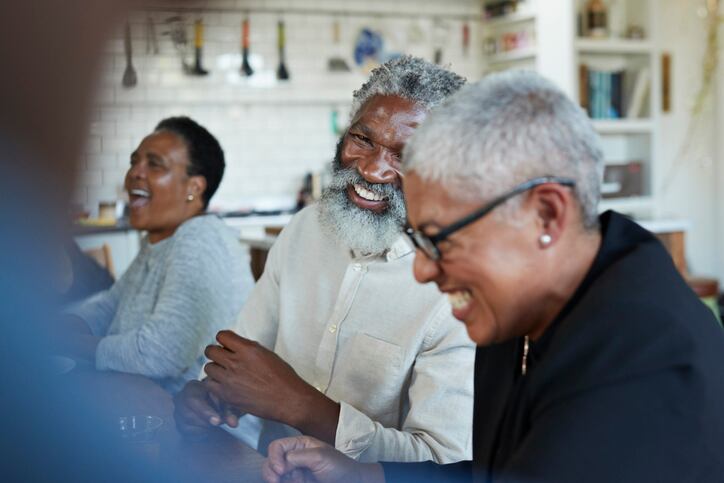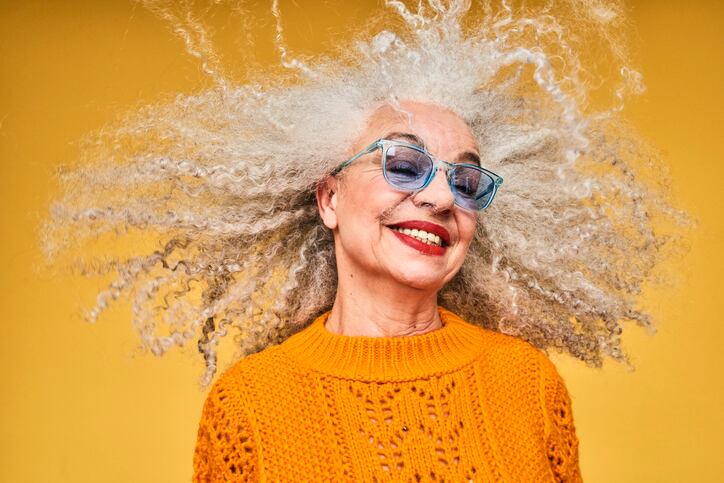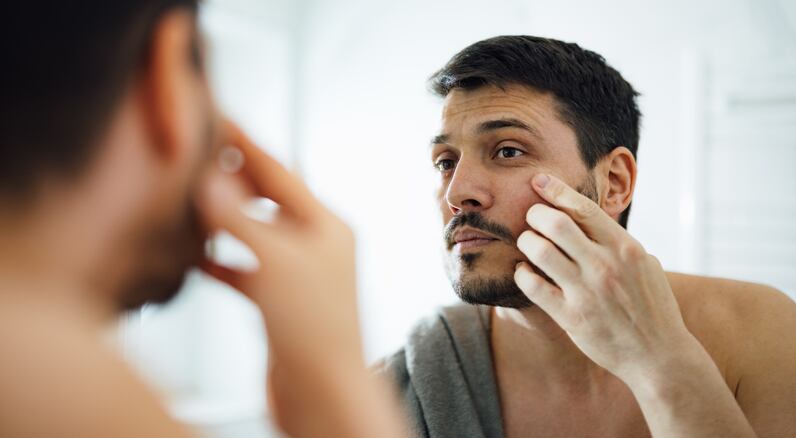Founded in 2014, FaceGym offered a selection of skin care products and tools alongside its network of 13 global studio locations offering unique face workouts to train, condition and strengthen facial muscles. Working alongside professionals, in the studio or online, consumers had access to signature face workouts based on a variety of exercise techniques.
Inge Theron, founder and creative director of FaceGym, said the goal had always been to inspire skin confidence via an effective alternative to cosmetic treatments and augmentation.
‘An alternative to all this radical augmentation and injectables’
“We have to change the way we are approaching beauty; we have to give women and men permission to age,” Theron told attendees at this year’s Cosmoprof Worldwide Bologna last month, in a panel discussion entitled ‘Beauty: A safe space to connect with oneself and the world’.
“We need to stop penalising them and demonising ageing,” she said. “And that’s why I started FaceGym – to make everybody feel comfortable in their own skin, to give you an alternative to all this radical augmentation and injectables and radical transformation.”
After 15+ years as a beauty editor for the Financial Times, Theron said she herself had become addicted to beauty treatments and augmentations that fulfilled societal expectations, but she was happy now that industry and consumer ideals had started to shift towards wellbeing.
For a long time, she said there had been “unrealistic expectations” placed on men and women because of beauty commercials and product merchandising that offered “hope in a bottle”. And industry, she said, had its work cut out to overturn all of this.
Body confidence and realistic timelines
FaceGym, for example, pitched a ‘slow beauty’ concept, Theron said, working with its consumers to develop realistic timelines for desired visual changes to their face.
And all of this was done via one-on-one dialogue with ‘personal trainers’ in its studios or online, she said, aiming to inspire body confidence and ideals similar to that of newer brands like Soul Cycle that empowered people to “come as you are”.
Why was this important today? She said you only had to look at the masses of younger people already wanting to augment their image and using app filters daily to realise why there was truly cause for concern and a need to dramatically shift beauty ideals.
“If our young generation already want to go and have surgery at the age of 13, we are doing something terribly wrong. And it’s a massive issue. Digital and change distortion is something we have to tackle.”
Alongside concepts like FaceGym and Soul Cycle, she said big beauty brands and fashion brands were starting to move on this. Dove, for example, recently launched a campaign calling out TikTok’s Bold Glamour app that offered a reinterpretation of a person’s face with stronger eyebrows, chiselled cheekbones, plumper lips and several other heightened features. Similarly, British Vogue recently published a frontpage entitled ‘the new supers’, she said, featuring three curvy women of different sizes and colour. “When a front cover of Vogue actually breaks that taboo, you know everything else will come after.”
For more insight on Theron’s ideas around creating a safe space in beauty, you can watch the full panel discussion below, also featuring insight from NellyRodi, Alleaume and Ulé executives.




